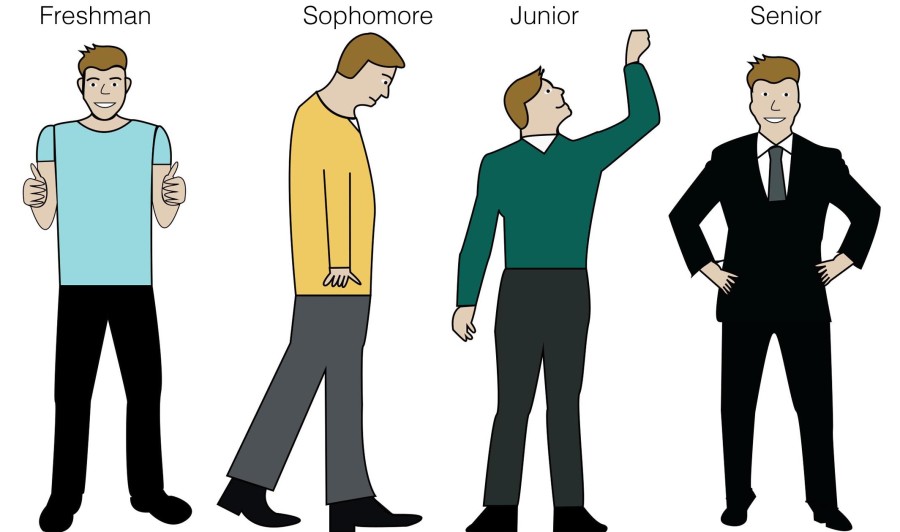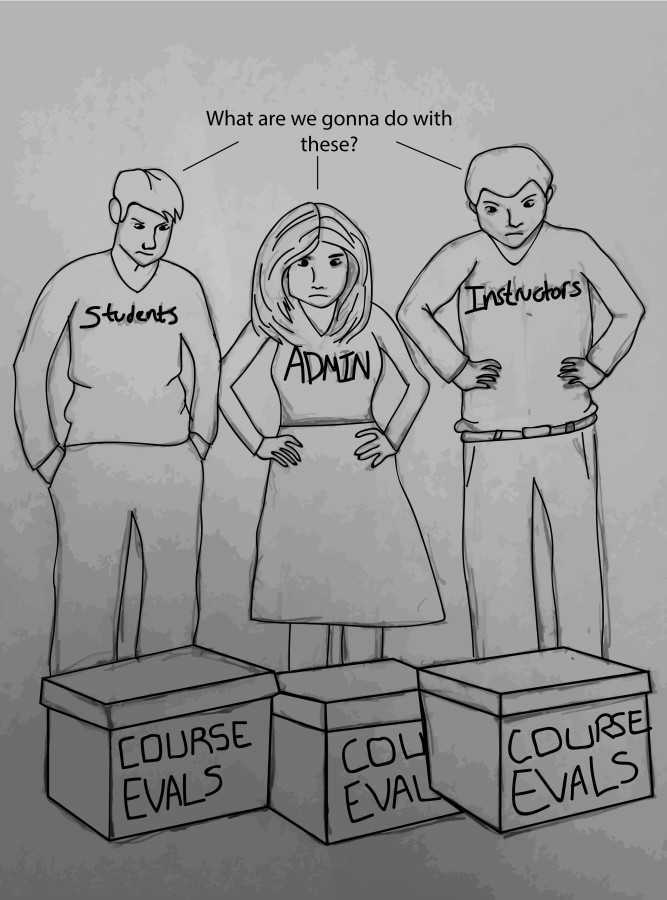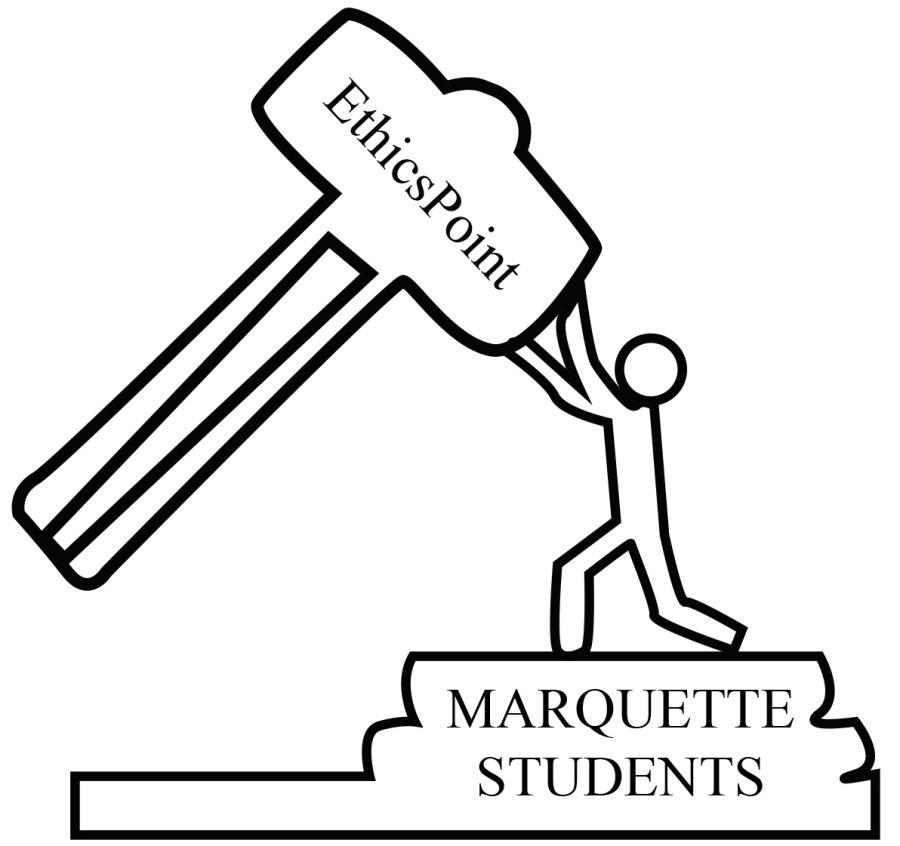Every semester, course evaluations give students the chance to weigh in and tell their professors what they thought of class and instruction. To remind students of this annual semester tradition, the Office of Institutional Research and Assessment sent out an email to students on Nov. 26 stating that the course evaluations were up and ready for student feedback. Students have until Dec. 9, 2012, to complete their evaluations.
All of the responses are anonymous – the instructors cannot see individual responses and cannot see who responded to the surveys. Instructors only see the response rate, a composite score of all the feedback and any additional comments students wish to provide. The dean of the instructor’s college and the instructor’s department chair will also be privy to the content of these evaluations.
The response rate for these course evaluations is not as high as instructors would like them to be. Sixty-two percent of students submitted at least one course evaluation in the fall 2011 semester said Alexandra Riley, associate director of the Office of Institutional Research and Assessment. Out of the 10,200 students invited to complete course evaluations, 6,900 completed at least one.
During this time more than 1,400 classes were evaluated, with students submitting approximately 28,000 evaluations.
Lori Bergen, dean of the College of Communication, said the switch to online course evaluations may be a reason why the response rate may not be as high.
“You lose something when you don’t have everybody doing (the evaluation) in the room, doing it at the same time,” Bergen said.
Marquette made the switch to an online survey system, called Marquette Online Course Evaluation System (MOCES), four years ago, in the fall of 2008. Prior to that, the university gathered the evaluations through a paper-based Instructional Assessment System adapted from the University of Washington from 2005 to 2008. This system had a response rate of 79 percent – 17 percent higher than the current online method.
While the older system had a higher response rate, the switch was estimated to have saved the Office of Institutional Research and Assessment $15,000 and 175 hours in time, according to a 2008 report.
To close this gap and increase student participation, the university began to offer prizes and incentives to get students to finish their evaluations. This semester, Marquette will be giving out a free iPad to a randomly selected student who completed all of her or his evaluations.
Course evaluations consist of 17 statements, which the students rank how strongly they agree or disagree with the statement. Students are then asked to provide additional feedback in writing about the class and the instructor. Statements such as “This class was intellectually challenging,” or “The instructor was interesting,” are examples of statements students are asked to rank on a course evaluation.
“Since the feedback teachers receive on course evaluation is so important, we have looked for ways to encourage students to complete their evaluations,” Riley said in an email. “In addition to giving away an iPad, we are also encouraging instructors to give students time in class to submit their evaluations on laptops, smart phones or other mobile devices.”
Instructors who offered an evaluation during class last semester saw an average response rate of almost 79 percent Riley said.
Faculty members and administrators continue to urge students to use the next three days to participate in the evaluations.
“It has value to the instructors, it has value to the academic program – whether it’s communication or education, or whatever it might be – because it’s feedback, and feedback is always what we use when we want to have continuous improvement,” Bergen said.
Vice Provost for Undergraduate Programs and Teaching Gary Meyer said the evaluations are especially helpful to professors, who can then improve their classes and alter the curriculum because of these results.
“We want to help people improve the way they teach a course – (especially) if they’re struggling,” Meyer said.
Teachers aren’t the only ones who benefit from this feedback, Bergen said. Students also can also gain something.
“I think the value (of course evaluations) is that you, the student, can contribute to the improvement of instruction in the place you love,” Bergen said.
All evaluations will only be available to instructors after they submit their final grades to the Office of Registrar. Instructors will be “locked out” until all their final grades are submitted, Riley said.





